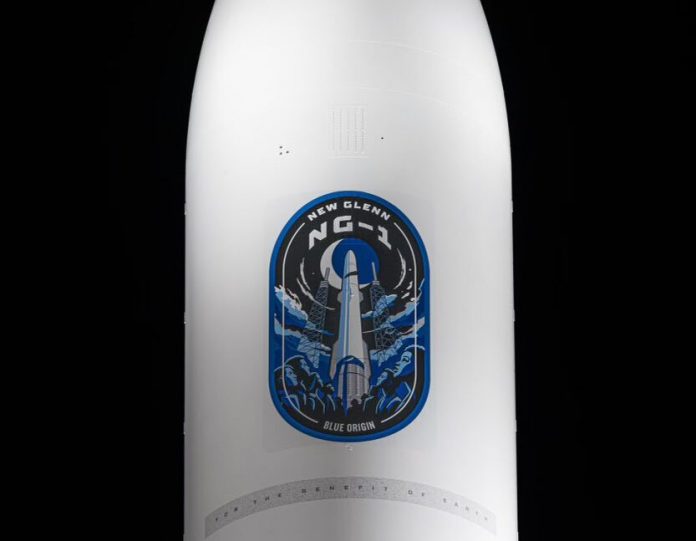
COCOA BEACH, Fla.—As it so often does in the final days before the debut of a new rocket, it all comes down to weather. Accordingly, Blue Origin is only awaiting clear skies and fair seas for its massive New Glenn vehicle to lift off from Florida.
After the company completed integration of the rocket this week, and rolled the super heavy lift rocket to its launch site at Cape Canaveral, the focus turned toward the weather. Conditions at Cape Canaveral Space Force Base have been favorable during the early morning launch windows available to the rocket, but there have been complications offshore.
That’s because Blue Origin aims to recover the first stage of the New Glenn rocket, and sea states in the Atlantic Ocean have been unsuitable for an initial attempt to catch the first stage booster on a drone ship. The company has already waived one launch attempt set for 1 am ET (06:00 UTC) on Friday, January 10.
Conditions have improved a bit since then, but on Saturday evening the company’s launch officials canceled a second attempt planned for 1 am ET on Sunday. The new launch time is now 1 am ET on Monday, January 13, when better sea states are expected. There is a three-hour launch window. The company will provide a webcast of proceedings at this link beginning one hour before liftoff.
Seeking a nominal flight
According to a mission timeline shared by Blue Origin on Saturday, it will take several hours to fuel the New Glenn rocket. Second stage hydrogen loading will begin 4.5 hours before liftoff, followed by the booster stage and second stage liquid oxygen at 4 hours, and methane for the booster stage at 3.5 hours to go. Fueling should be complete about an hour before liftoff.

